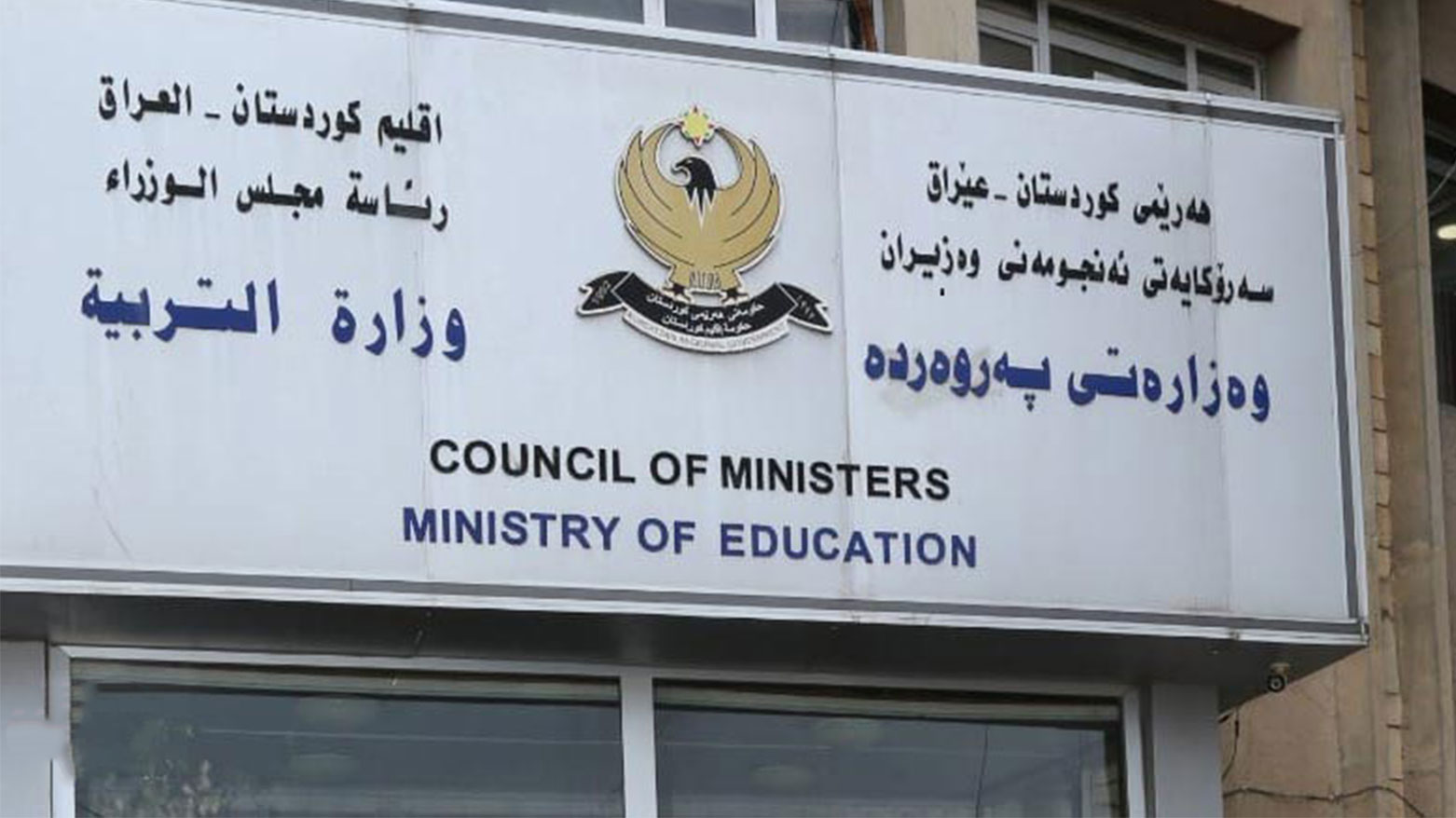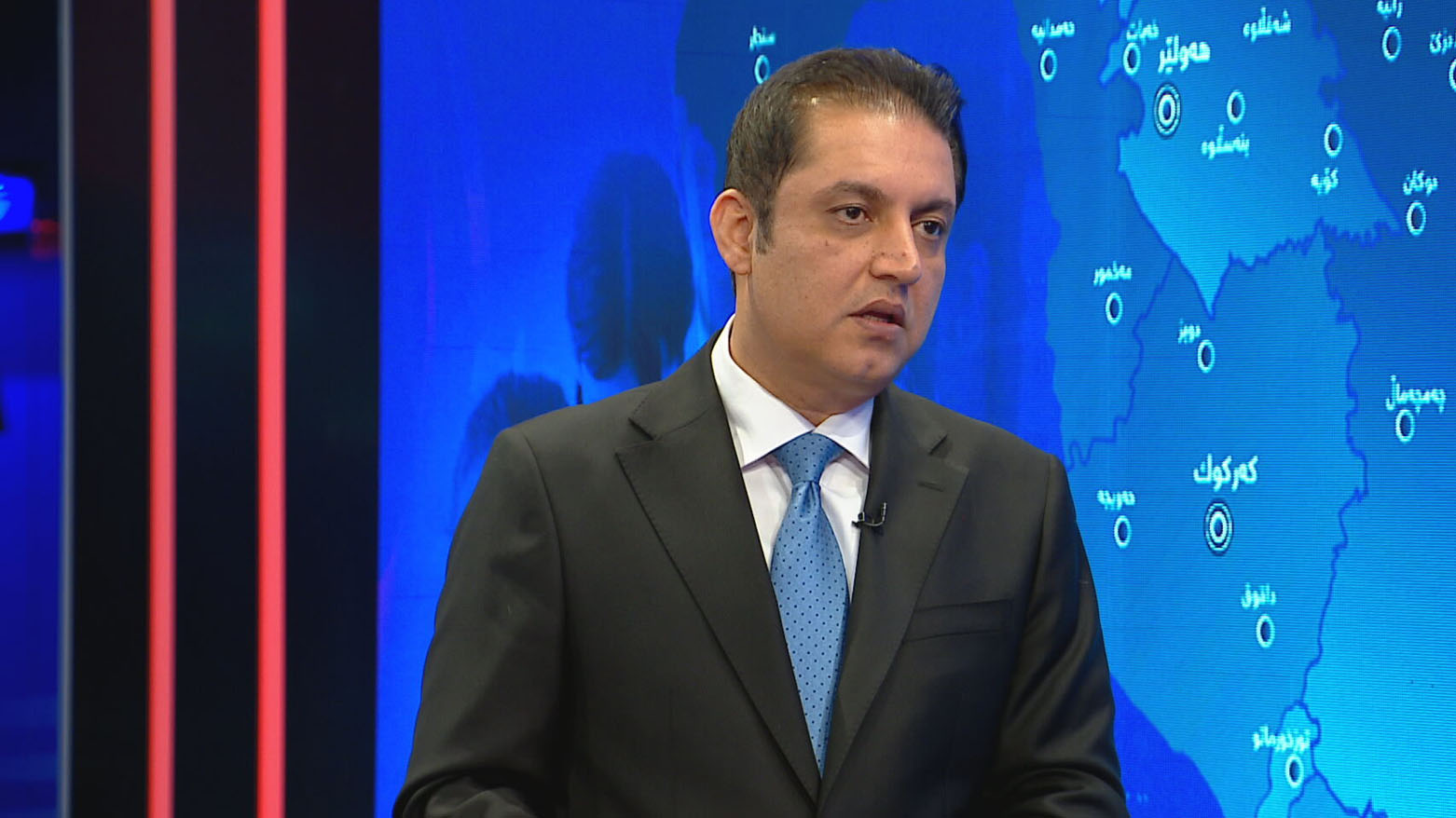KRG Expands Education Infrastructure with Over 200 New Schools
Speaking to Kurdistan24, Saeed said the projects have created space for more than 110,000 students. In addition, 1,670 schools have been renovated, with 434 completed this year alone.

ERBIL (Kurdistan24) – Kurdistan Regional Government (KRG) Minister of Education Alan Hama Saeed announced on Thursday that the ninth cabinet has made major strides in expanding and modernizing the region’s education sector, including the construction of 214 new schools and 629 classrooms.
Speaking to Kurdistan24, Saeed said the projects have created space for more than 110,000 students. In addition, 1,670 schools have been renovated, with 434 completed this year alone.
Preparations for the upcoming 2025–2026 academic year are already finalized, the minister confirmed. “This year, we will provide 10,000 tables and chairs, 20 new school buildings, and 309 classrooms. Another 10,000 tables and chairs are ready for use in 473 new classrooms,” he explained.
As part of broader education reforms, Saeed highlighted that over 22 million new books have been printed and distributed across provinces and independent administrations. Furthermore, 8.5 million liters of kerosene have been supplied to schools to ensure adequate heating during the winter months.
The minister noted that the comprehensive education project is expected to be completed within two years, with all curriculum changes already approved by the Council of Ministers and the Ministry of Finance.
In terms of staffing, the ministry currently employs 148,000 contract teachers and 33,000 administrative staff, serving 1.8 million students in public schools and 154,000 students in private institutions. The Kurdistan Region has 6,844 public schools and nearly 600 private schools.
Enrollment for first grade is ongoing, with 139,000 students registered so far and projections of up to 160,000 new first graders this year.
On school uniforms, Saeed confirmed no changes for the current academic year, though updates are expected next year. He also announced that 20,000 unemployed graduates have been hired as teachers in non-governmental schools, while 300 former teachers have been reinstated.
Looking ahead, the minister revealed that 50 schools in Sulaimani will serve as the first experimental centers for artificial intelligence education in Iraq and the Kurdistan Region.
The education sector in the Kurdistan Region has faced persistent challenges in recent decades, including rapid population growth, budgetary constraints, and infrastructure shortages caused by conflict, displacement, and waves of migration. The KRG’s ninth cabinet, under Prime Minister Masrour Barzani, has prioritized education as part of its reform agenda, aiming to modernize schools, expand access, and introduce new technologies. Recent initiatives have also focused on addressing the shortage of classrooms, updating curricula, and improving teacher employment policies. The introduction of artificial intelligence education represents a new step toward aligning the Kurdistan Region’s education system with global standards.
The integration of AI education aims to equip students with critical skills for the future, fostering innovation and competitiveness in a rapidly evolving global landscape. By piloting this initiative in Sulaimani, the KRG seeks to evaluate its impact before expanding the program across the region.
